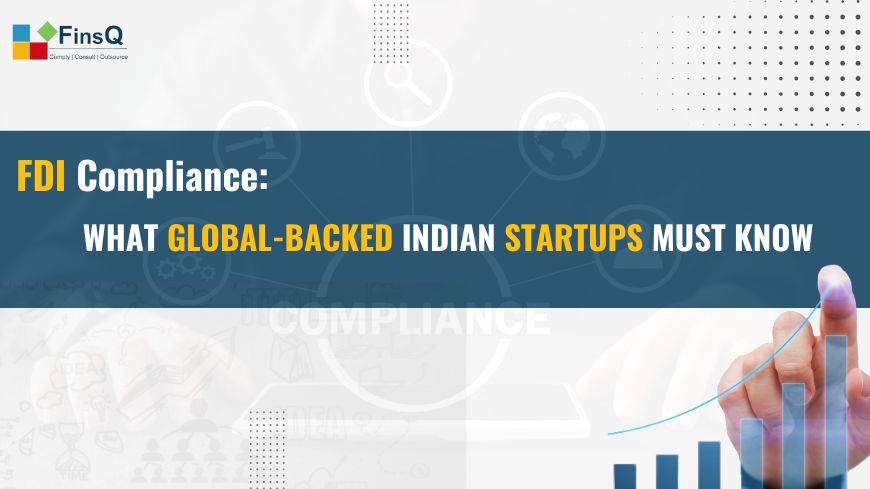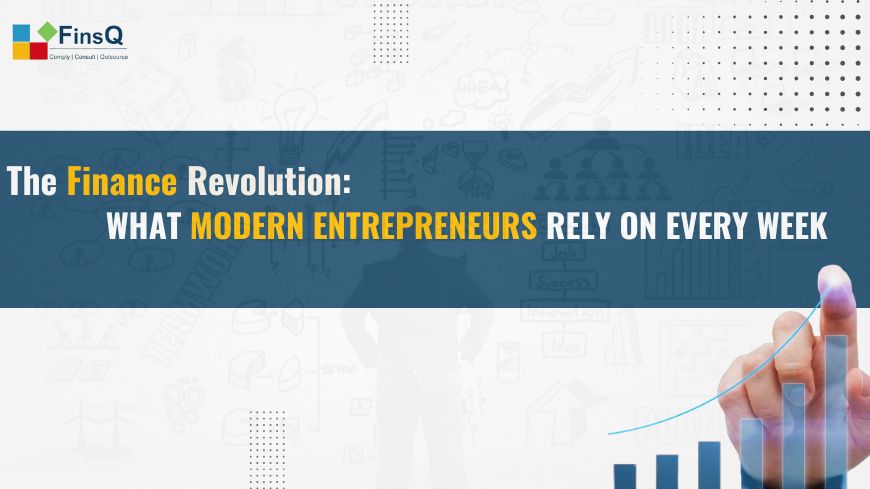Critical thinking is a vital skill in many fields, but its significance in finance is particularly profound. It involves analyzing information objectively, assessing various factors, and making informed decisions. For finance professionals, critical thinking helps navigate complex financial data, avoid errors, spot inconsistencies, and solve problems efficiently.
In this blog, we’ll explore how to develop critical thinking skills in finance , why they are important, and practical ways to enhance them in daily practice.
Why is Critical Thinking Important in Finance?
Finance professionals handle large amounts of data, analyze financial statements, perform audits, and ensure regulatory compliance. Developing critical thinking skills enables professionals to:
- Make Informed Decisions:
Critical thinking helps in assessing the financial health of an organization by evaluating different data points, understanding trends, and predicting outcomes.
- Solve Complex Problems:
It allows professionals to dissect complicated issues, find the root causes, and develop effective solutions.
- Avoid Errors:
Careful analysis and attention to detail reduce the likelihood of errors in calculations, compliance issues, or reporting discrepancies.
- Ethical Decision-Making:
Critical thinking supports professionals in identifying ethical issues, ensuring integrity, and maintaining transparency in financial reporting.
- Strategic Planning:
It enhances long-term planning by evaluating financial projections, risk factors, and growth opportunities.
Now that we recognize how essential critical thinking is, let’s look at some practical strategies to enhance these skills in the fields of finance.
Strategies to Enhance Critical Thinking for Finance Professional
1) Understand the Basics Thoroughly
To effectively use critical thinking, professionals need a solid grasp of financial standards, and regulations. Having this foundational knowledge enables them to assess situations with assurance. Mastering the foundational knowledge allows you to evaluate situations with confidence.
- Financial Analysis: Be well-versed in interpreting balance sheets, income statements, and cash flow statements.
- Accounting Standards: Familiarize yourself with International Financial Reporting Standards (IFRS) or Generally Accepted Accounting Principles (GAAP).
- Regulations: Stay updated on changes in tax laws, financial reporting requirements, and audit regulations.
2) Ask the Right Questions
Critical thinking often starts with questioning. Develop a habit of asking meaningful questions when analyzing financial data:
- Why did revenue decline last quarter?
- How can we improve cash flow without increasing debt?
- What is the financial impact of this strategic decision?
These questions force you to dig deeper into the data, look beyond the surface, and identify the underlying factors.
3) Analyze Financial Data with an Objective Eye
Being objective means setting aside assumptions or biases when interpreting financial data. It requires you to:
- Look at both sides of the argument before forming a conclusion.
- Compare multiple financial indicators rather than relying on a single metric.
- Be mindful of any biases that could influence how you understand or interpret things.
For instance, while reviewing a company’s financial health, it’s essential to evaluate profitability, liquidity, and solvency ratios, not just the bottom line.
4) Develop Problem-Solving Skills
In finance, you’ll frequently encounter complex problems. Being able to break down a problem, analyze it from different angles, and come up with solutions is crucial. To improve problem-solving skills:
- Break problems into smaller parts: Address each aspect individually to better understand the entire issue.
- Use logic and reasoning: Instead of relying on intuition, back your decisions with facts and logical reasoning.
- Consider alternatives: Evaluate various solutions before choosing the best one.
5) Use Analytical Tools
Today’s finance professionals have access to a wide range of software tools that assist in data analysis. Excel, financial modeling tools, and accounting software (e.g., Tally, QuickBooks) can help analyze data faster and more accurately.
- Excel: Master the use of formulas, pivot tables, and charts to analyze data effectively.
- Financial Modeling: Discover how to create financial models to forecast future outcomes.
- Data Visualization: Utilize graphs and dashboards to make sense of complex financial data.
6) Evaluate Risk and Uncertainty
dealing with uncertainty and risk is unavoidable. Critical thinkers excel at assessing these risks and making well-informed decisions based on their evaluations. Some ways to improve in this area include:
- Scenario Analysis: Develop multiple scenarios for key financial decisions, assessing the risk and return for each.
- Sensitivity Analysis: Study how changes in assumptions (e.g., interest rates, exchange rates) affect financial projections.
- Stress Testing: Understand how various risk factors could impact financial stability.
7) Improve Your Communication Skills
Critical thinking is closely linked to effective communication. Finance professionals often need to present their findings, defend their decisions, and explain complex data to non-financial stakeholders.
- Write clearly and concisely: Avoid jargon and focus on delivering clear, actionable insights.
- Develop presentation skills: Be confident in presenting financial data and decisions to management or clients.
- Active listening: This is key to understanding feedback and responding to concerns effectively.
8) Stay Curious and Continuously Learn
Whether it’s learning about new accounting software, staying updated on regulatory changes, or understanding market trends, continuous learning is crucial.
- Attend workshops and seminars: Stay current with industry best practices.
- Read industry publications: Regularly read journals, articles, and financial reports to stay informed.
- Pursue certifications: Consider earning certifications like Certified Public Accountant (CPA), Certified Management Accountant (CMA), or Chartered Financial Analyst (CFA) to improve your expertise.
9) Engage in Peer Discussions
Discussing financial scenarios and problems with peers or mentors is an excellent way to refine your critical thinking. These discussions help you consider new perspectives and challenge your own assumptions.
- Join professional networks: Participate in forums or discussion groups related to finance and consultings.
- Seek feedback: Regularly seek constructive criticism from colleagues or supervisors to improve decision-making.
Conclusion
Developing critical thinking skills in finance a continuous journey that involves regular learning, practice, and personal reflection. By understanding financial principles deeply, asking the right questions, using analytical tools, and remaining objective, professionals can navigate complex financial landscapes confidently.
Looking to elevate your financial strategies and decision-making skills? Finsq’s Virtual CFO services provide you with expert guidance to sharpen your critical thinking, solve complex financial challenges, and drive informed growth. Get started with us today for smarter, data-driven decisions!
FAQs
What is critical thinking in finance?
Critical thinking in finance and accounting refers to the ability to analyze data objectively, assess different factors, and make informed financial decisions. It involves questioning assumptions, evaluating multiple sources of information, and solving complex problems.
How can I improve my problem-solving skills in finance?
Break problems into smaller parts, use logic and reasoning, consider alternative solutions, and practice with real-life scenarios to enhance problem-solving skills.
What tools can help in developing critical thinking in finance?
Tools like Excel, financial modeling software, and data visualization tools (e.g., Power BI) help finance professionals analyze data more efficiently and make well-informed decisions.







